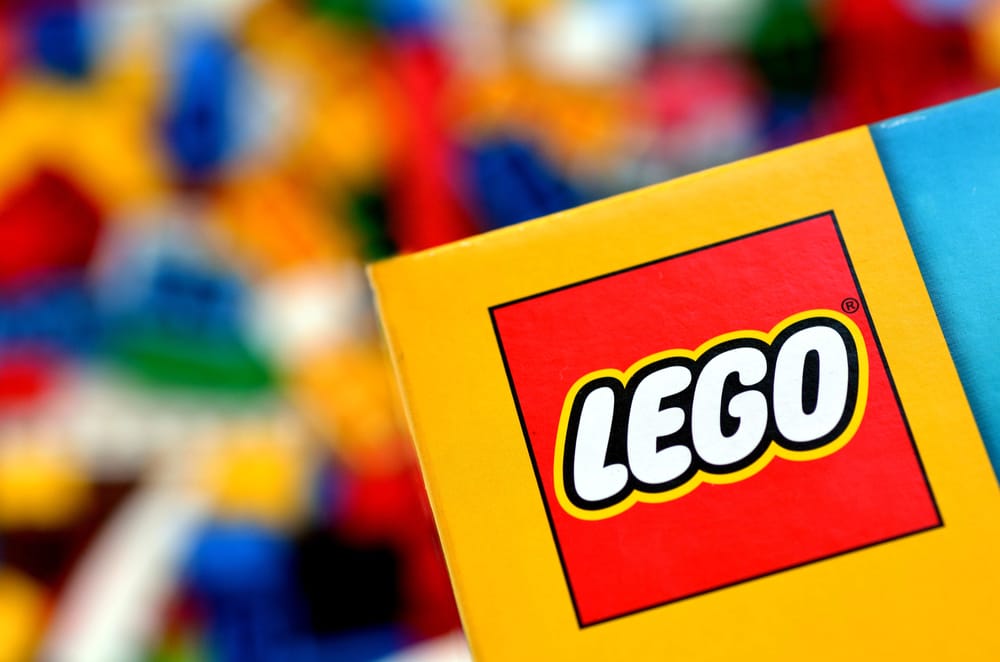Shoppers to rescue the UK economy?
The money splashed out by UK consumers shopping in stores and online during January is being credited for an overall improvement in the state of the country’s economy. A 0.2% increase in the size of the economy led the Office for National Statistics (ONS) to cautiously signal that things might be improving.
BBC: “UK economy: Shoppers splashing out boosts economy in January.”
The services sector – which includes hospitality and things such as hairdressing as well as traditional retail – is of course an enormous contributor to the turnover of the country. As well as being a major source of spending it is also a large employer, and one which has been increasing pay levels recently, as reported last week.
But it’s a tall order for services alone to pull the country out of its current economic gloom. The increased cost of living that consumers are struggling with is based on many other factors – including mortgage costs and high energy bills – that are beyond the control of retailers, and that leave less money for discretionary spending. In fact, for many consumers, even spending on essentials is having to be cut back.
The increased retail spending in January followed reduced spending in the later months of last year. And January was followed by one of the rainiest months the UK has seen for years, keeping many people at home and suggesting that February figures might fall back again.
Retail Gazette: “Morrisons makes £1bn loss as debt interest payments surge.”
Anybody hoping that retail will be the saviour of the economy should note that retailers are still seeing mixed fortunes. Morrisons recorded a £1bn loss last year, on sales of £18bn, due to increased borrowing costs, for example.
Retail Gazette: “Matches CEO and CFO exit following administration.”
Matches, meanwhile, has become the latest retailer to enter administration.
Another complication is the international nature of retailing, and the global brands that power it. These brands must balance successes in one market with challenges in another.
Retail Gazette: “Lego profits shaken by the most challenging toy market in 15 years.”
Take Lego. Many UK children grew up thinking this was a British brand, so ubiquitous is it in homes here. But the brand is of course Danish, and described the last year as ‘the most difficult toy market in the last 15 years’.
Lego performed well, growing sales by 4% while the category shrank by 7%. But even while it achieved strong growth in European and American markets, the toy brand faced difficult headwinds in China. Many international brands face similar challenges.
No matter how long the queues to sit in the Lego Aston Martin DB5 at the brand’s store in Leicester Square – and they can stretch out of the shop – retail alone is not going to turn the UK economy around.
But the reaction to stronger January sales are a sign of just how important retail is to UK PLC.


